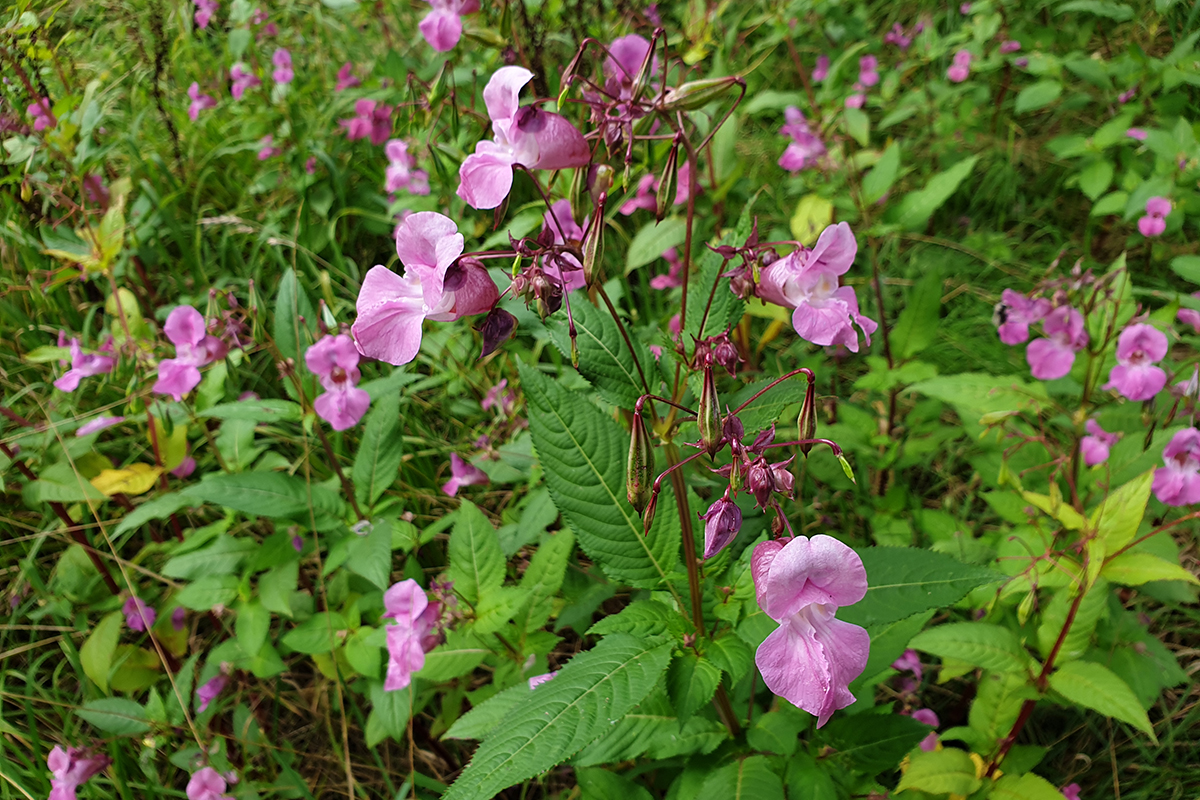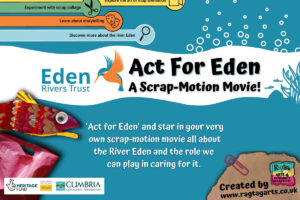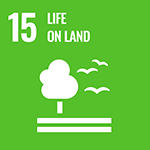![]()
Ditch the alien hitch-hikers
Why?
We love spending time by, in or on the water, but did you know that ‘alien invaders’ could be hitch-hiking on your footwear, clothes or equipment?
Many different plants and animals from all over the world have been accidentally introduced to the UK’s waters. These tough invaders have no natural competitors or predators, so they spread easily, grow rapidly and out-compete our native wildlife. They can quickly dominate a river or lake and it’s often difficult to get rid of them.
They can have a devastating impact on Eden’s rivers if they end up being transferred somewhere new and taking root (literally).
You have the power to help stop the spread now, and it’s really simple - here’s you can do it.
Every time you visit a river, lake or tarn, remember to CHECK, CLEAN and DRY.
 Himalayan balsam: an invasive non-native species brought to England in the 1800s.
Himalayan balsam: an invasive non-native species brought to England in the 1800s.
You can do it
Here's how

Check
... your equipment and clothing for mud, aquatic animals, plant material, seeds or other living organisms before you leave. Remove anything you find and leave it at the site.
Clean
... and wash everything thoroughly as soon as you can, paying particular attention to damp or hard to inspect areas. Use hot water if possible.
If you find clingers-on at home, wash them off away from other bodies of water or surface water drainage such as street drains (that may lead directly to rivers)
Dry
... all equipment and clothing (ideally, leaving them on a hard surface) for as long as you can before using elsewhere. Some invasive species can survive for over two weeks in damp conditions!
Do it yourself
Going out for a walk? Why not bash some balsam!
We've produced a handy balsam bashing guide with everything you need to know to safely pull and bash this invasive plant. We've got hints and tips on balsam pulling technique - you don't want it to re-root and grow again!
Ditch these alien hitch-hikers now so lovely native plants can thrive in your area.
Make a stop motion movie

We’ve joined forces with our friends at Ragtag Arts for a fun activity that can be done at home. We’re calling on kids everywhere to Act for Eden and make a stop-motion film about the river, the wildlife that lives there … and the perils they face from humans!
Step-by-step videos and templates can be found at Act for Eden – make a scrap-motion movie
Know your enemy
Find out more about the alien invaders that are a threat to Eden’s rivers in this handy pocket guide from South Cumbria Rivers Trust.
![]()
Inspired?
Join the growing number of people who are making a promise to Act for Eden and make yours today to ditch the alien hitch-hikers!
![]()
I promise to
Ditch the alien hitch-hikers
and save our native plants and animals from aliens!
U.N. Sustainable Development Goals

The action that you’re taking as part of Act for Eden will not just make a difference in your local river and community, it will help transform the world!
This promise has been carefully chosen to meet one or more of the Sustainable Development Goals (SDGs). These are a set of 17 goals set out by the United Nations to focus efforts around the world in order to “achieve a better and more sustainable future for all.” (UN SDG website)
Although major actions are needed by governments, cities and local authorities, it starts with each and every one of us. By keeping your promise to Act for Eden, you are already living and working more sustainably - which is great news for our planet.
You are also part of a growing community of like-minded people who together, are leading by example and generating a force for change, able to push those in authority to make the transformations required. All this just by making sure no alien invaders hitch a ride with you!
